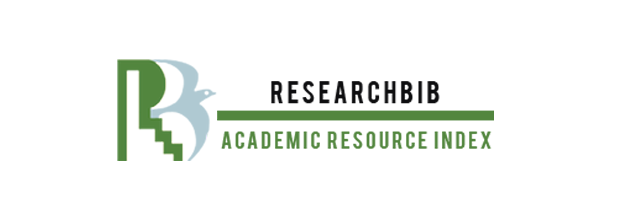The Ethical Framework of Islamic Trade: A Shariah-Based Analysis of Modern Economic Practices
Keywords:
Online-Trade, Islamic Principles, Riba, PolicymakersAbstract
Islamic economic principles present a balanced and ethical framework that positions itself between the two dominant economic ideologies of capitalism and socialism. This research delves deeply into the foundational concept of kasb-e-halal, or lawful earning, which is central to economic activities within an Islamic context. At the core of this study is the principle of trade (tijarah), which historically has been a significant element of Islamic economic practice and continues to be highly relevant today. The paper explores how traditional Islamic teachings on trade align with, and adapt to, modern commercial practices, especially the rapidly expanding domain of online commerce.
By examining prophetic traditions (ahadith) related to trade ethics, the study highlights the moral imperatives that govern business dealings, such as honesty, transparency, fairness, and the prohibition of exploitative practices like riba (usury) and gharar (excessive uncertainty). These prophetic guidelines provide a timeless ethical foundation that Islamic economic systems strive to uphold. The research also discusses the interpretative role played by Islamic jurists (fuqaha) throughout history, whose scholarly efforts have shaped commercial laws and ensured that economic activities comply with Shariah principles.
Additionally, the paper investigates historical commercial practices within Muslim societies that successfully combined economic growth with ethical integrity. It illustrates how these past experiences offer valuable lessons for contemporary Muslim entrepreneurs and policymakers aiming to integrate Islamic ethics with modern technological advancements. The study ultimately presents an analytical perspective on how Islam encourages economic innovation and the use of new technologies, such as e-commerce platforms, while simultaneously maintaining strict moral boundaries to protect social justice and communal welfare.
This balanced approach exemplifies Islam’s capacity to provide a sustainable and ethical economic model that adapts to changing times without compromising its core values.








